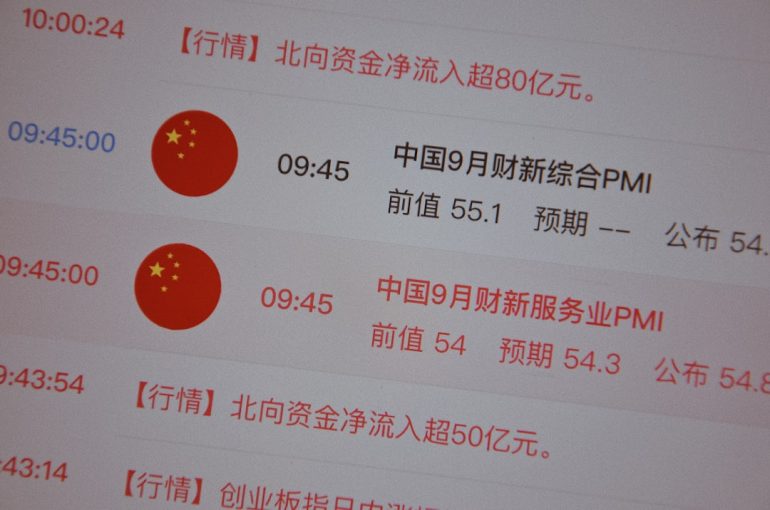Step-by-Step Guide to Implementing Local SEO Strategies for Denver-Based Businesses
Navigating the rapidly evolving digital marketing landscape can be challenging for small to medium-sized local businesses. For those based in Denver, Colorado, implementing a solid local SEO strategy can significantly improve visibility, increase web traffic, and attract nearby customers actively searching for their services. This guide provides a step-by-step breakdown for Denver-based businesses looking to harness the power of local SEO.
Understanding Local SEO
Table of Contents
Local SEO focuses on optimizing a business’s online presence to attract more business from relevant local searches. These searches take place on Google and other search engines and often include terms like “near me” or a specific location, such as “plumber in Denver.” Since Google uses signals like local content, social profile pages, links, and citations to generate local results, optimizing these factors can dramatically improve your visibility.
Step-by-Step Guide to Implement Local SEO in Denver, Colorado
Step 1: Optimize Your Google Business Profile
Your Google Business Profile (GBP) is a critical element of local SEO. Here’s what Denver businesses should focus on:
- Claim and verify your GBP at Google Business.
- Ensure your business name, address, and phone number (NAP) are accurate and consistent.
- Select appropriate categories (e.g., “Denver auto repair” or “Denver coffee shop”).
- Add high-quality photos of your location, products, and services.
- Encourage satisfied clients to leave reviews and respond to them respectfully and promptly.
Businesses with an optimized GBP appear in the Local Pack, the section of Google results that features a map and business listings—a powerful place to increase visibility.
Step 2: List Your Business in Local Directories
Consistency in your NAP information across online directories helps validate your business data to search engines. Denver-based companies should ensure their listings in the following directories:
- Yelp
- Bing Places
- Yellow Pages
- Better Business Bureau Denver/Boulder
- Local.com and city-specific directories like Denver.org
Regularly audit and update these listings for accuracy. Citations, especially on reputable local sites, also contribute to higher local search rankings.
Step 3: Keyword Research Targeting Denver
Use keyword tools like Google Keyword Planner or Ubersuggest to discover terms that Denver residents use to search for services. Include location-specific keywords such as:
- “best Italian restaurant in Denver”
- “Denver home remodeling services”
- “lawyers on Colfax Avenue”
Integrate these keywords naturally into your website content, headers, titles, meta descriptions, and blog articles.
Step 4: Create Location-Specific Content
Develop content centered on the Denver community. This positions your business as a local authority and improves your site’s relevance in the search engine’s eyes. Here are some ideas:
- Write blog posts about local events or seasonal guides (e.g., “Top 5 Holiday Events in Downtown Denver”).
- Create landing pages for specific Denver neighborhoods you serve, like Capitol Hill or Cherry Creek.
- Feature customer testimonials from local clients.

Step 5: Improve On-Page SEO
Focus on the following on-page elements to make your site search engine friendly:
- Title Tags and Meta Descriptions: Include “Denver” and your main keywords.
- Header Tags (H1, H2, H3): Structure your content and embed location-specific terms.
- Alt Text on Images: Describe the images and include keywords with Denver references.
- Internal Linking: Guide users to relevant service or blog pages on your website.
- Mobile Optimization: Ensure your site runs smoothly on mobile devices, important for local users on the go.
Step 6: Generate and Manage Customer Reviews
Online reviews are among the top local SEO ranking factors. Encourage satisfied Denver customers to leave a review on your Google Business Profile and other platforms. Here’s how:
- Request reviews through follow-up emails or post-purchase messages.
- Make it simple by sending users the direct link to your review page.
- Respond professionally to both positive and negative reviews.
High-quality reviews not only improve visibility but also influence customer trust and conversion rates.
Step 7: Build Local Backlinks
Backlinks from other websites help signal to search engines that your site is trustworthy. For local relevance, aim for backlinks from Denver-based sites:
- Partner with Denver bloggers or influencers in your niche.
- Sponsor local events or charities in exchange for a website mention.
- Get listed in local Chamber of Commerce and business association sites.
- Ask local vendors or collaborators to link to your site.
Step 8: Track and Measure Results
No SEO strategy is complete without tracking. Use these tools:
- Google Analytics: View traffic sources, user behavior, and conversions.
- Google Search Console: Monitor search performance and identify indexing issues.
- Rank tracking tools: Tools like BrightLocal or Whitespark help monitor your position in local search results.
- Review monitoring tools: Track new reviews and ratings across various platforms.
Adjust your approach based on your metrics and keep up with changes in Google’s local algorithm.
Conclusion
Denver is a competitive market, but with the right local SEO strategies, small and mid-sized businesses can gain a significant edge over competitors. From optimizing local listings to generating reviews and creating community-based content, local SEO helps Denver businesses connect with nearby customers at the moment they’re searching for services or products. By following the above steps, business owners will be better equipped to improve online visibility, traffic, and ultimately sales.
Frequently Asked Questions (FAQ)
1. How long does it take for local SEO strategies to show results?
Local SEO is a long-term investment. Most businesses begin to see significant improvements within 3 to 6 months, depending on their industry competition level and aggressiveness of SEO implementation.
2. Do I need a website for local SEO?
Yes. While a Google Business Profile is vital, having a mobile-friendly and optimized website provides greater search visibility and gives you more opportunities to target keywords and convert visitors into customers.
3. How important are customer reviews?
Reviews play a major role in local SEO rankings and influence buyer decisions. Google considers the number, quality, and frequency of reviews as a local ranking factor.
4. Should I hire a local SEO agency?
If you lack the time or expertise, hiring a Denver-based local SEO agency can help speed up results and provide expertise in optimizing your online presence efficiently.
5. What are citations in local SEO?
Citations are mentions of your business name, address, and phone number (NAP) on websites other than your own. Local citations help validate your business info for better local visibility.







